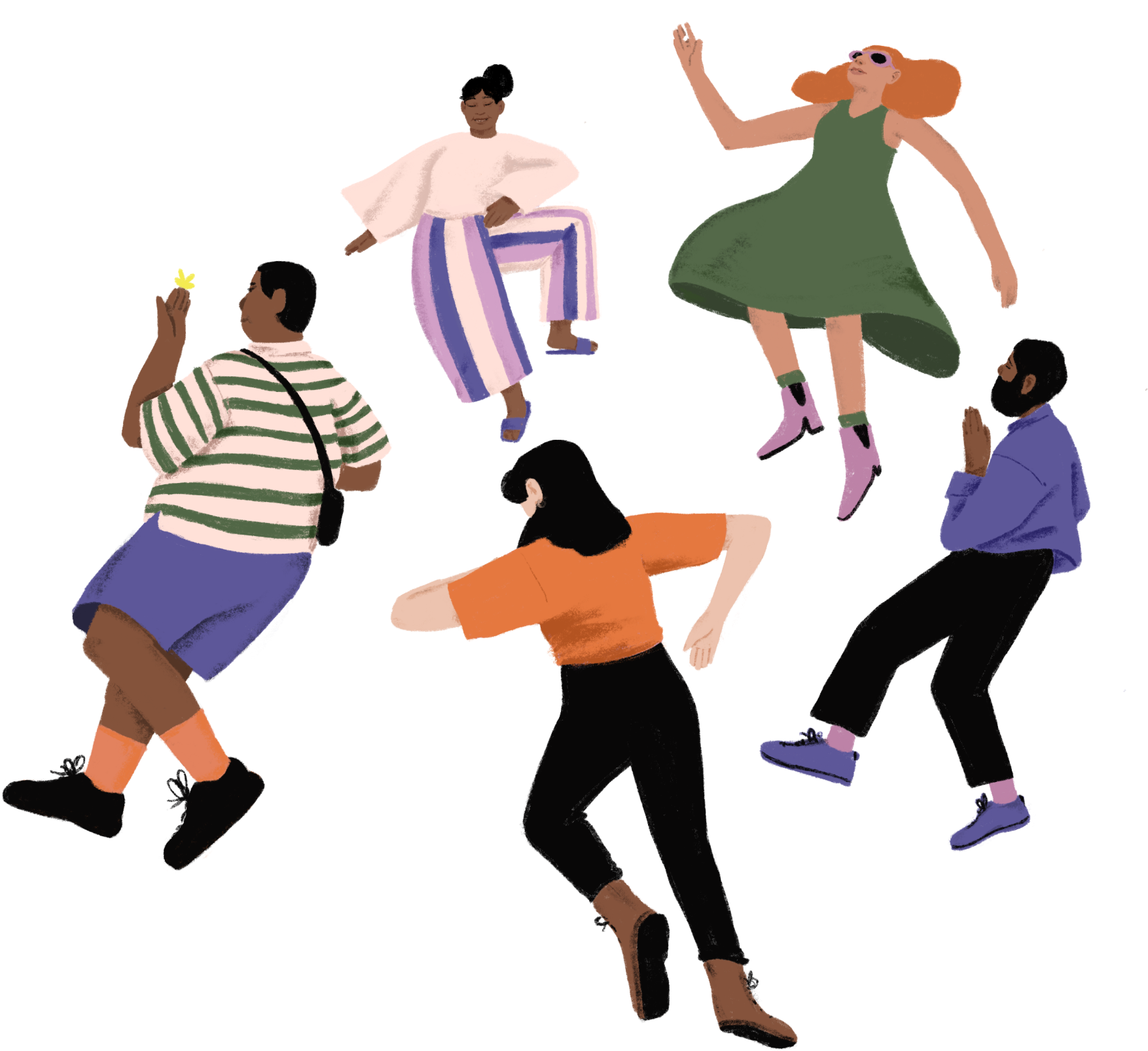HORMONES
For people who take hormones for gender affirmation (or other prescribed reasons such as HRT for perimenopause and menopause) there may be interactions with other substances to be aware of. Please note that research in this space is very much still emerging, so there may be interactions that have not yet been investigated.
Some things we do know about hormones and drug interactions:
Hormones + Stimulants:
Testosterone can cause mood swings and irritability, which could change the way that stimulants affect emotional state. Both testosterone and stimulants share an increased risk of polycythaemia (higher than usual concentration of red blood cells) – it could be a good idea to have a regular blood test.
Feminising hormones and anti-androgens can affect how we experience stimulants including cocaine, ecstasy, meth, and other amphetamines like speed. Low testosterone levels can amplify certain effects such as elevated heart rate, sweating and dehydration. Research on cisgender women has identified that fluctuations in progesterone and oestrogen can also have an impact – so it stands to reason that women and gender diverse folks who take hormones will be impacted at different points in their cycles also.
Spironolactone can increase risk of dehydration – so stock up on those electrolytes!
Progesterone can cause drowsiness, which can counteract the effect of stimulants generally.
The hormone oestradiol can increase the risk of thrombosis – as this is also a potential side effect of stimulants, have a chat to your prescriber about managing the possible increase in risk!
Hormones + Opioids:
Both Testosterone and opioids can cause constipation, bloating and water retention, so the chance of this happening could be increased if you are using both.
Some opioids can cause androgen deficiencies in some people – but research is yet to be done on how this affects people who take T. If you suspect that your opioid use is impacting your T, speak to your doctor.
Both Cyproterone Acetate and Progesterone can cause drowsiness and fatigue which could increase the depressant and sedative effects of opioids.
Research has shown that Oestradiol can impact opioid receptors, which can change how we are affected by opioids. If you are on ODTP and also taking Oestradiol, you may need to chat to your prescriber about your dosage.
Spironolactone and opioids can both impact kidney function – this is also worth talking to your GP or specialist about.
Other substances such as cannabis, nicotine and alcohol share some possible side effects with feminising hormones and testosterone, such as increased risk of thrombosis and polycythaemia. More research still needs to be done, but in the meantime if you’re concerned, have a chat with a trusted professional so you can make choices that are as informed as possible.
